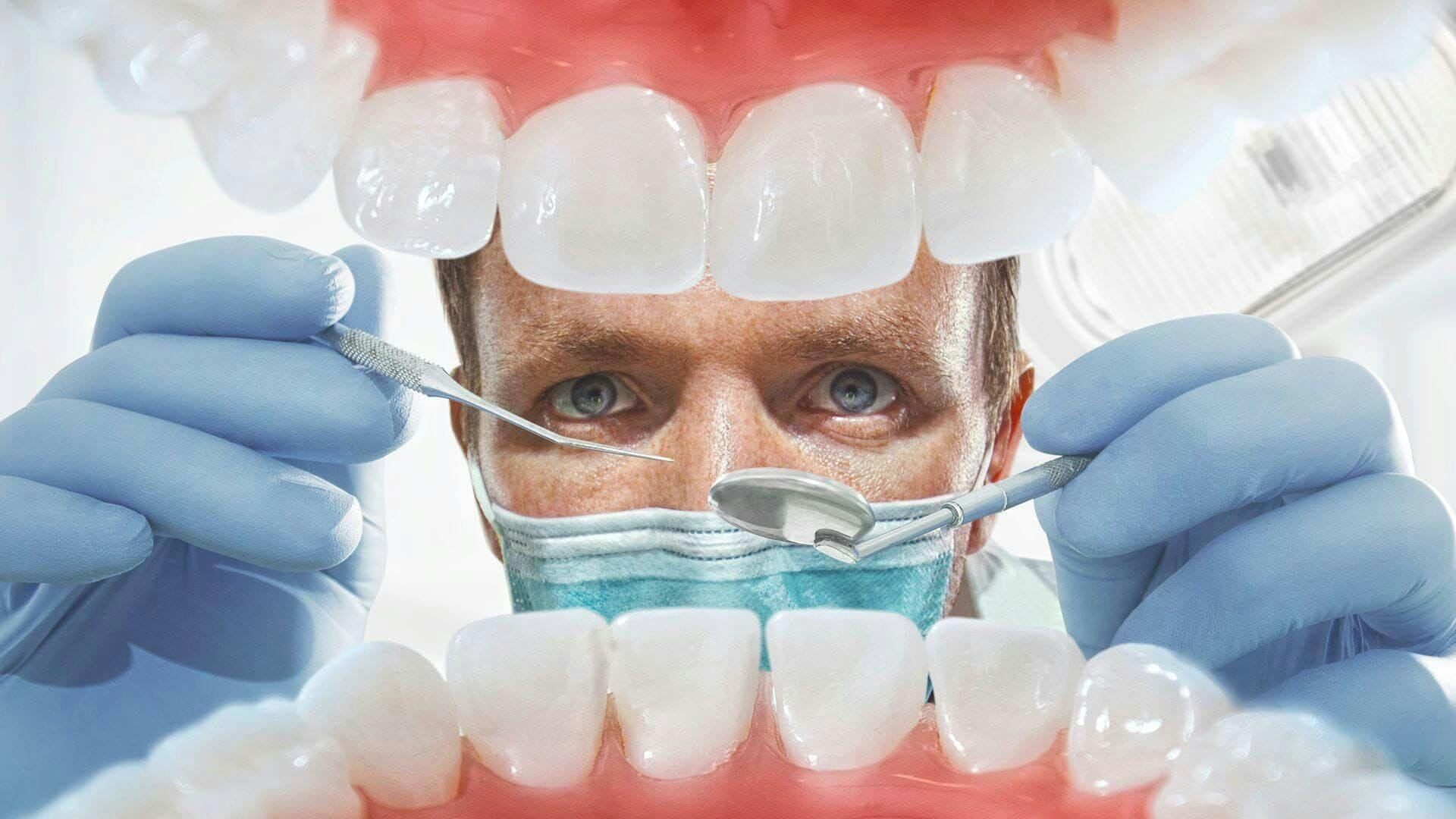Budget-friendly Dental Care Options from Leading Dentists Eugene
Budget-friendly Dental Care Options from Leading Dentists Eugene
Blog Article
An Overview to Typical Oral Problems That Need a Dental professional's Treatment
Recognizing the variety of dental conditions that demand professional care is extremely important for maintaining optimal oral wellness. Toothaches, for example, can be symptomatic of severe concerns such as tooth cavities, split teeth, or abscesses, each needing particular interventions like fillings or root canals. Gum condition, from the very early phases of gingivitis to extra serious periodontitis, highlights the importance of normal oral check-ups and cleanings. Furthermore, impacted wisdom teeth and jaw disorders can introduce considerable pain and difficulties. Ensuring prompt visits to the dental expert can mitigate these problems efficiently, yet exactly what are the signs and treatments included?
Toothaches
Toothaches are a common dental problem that can range from mild discomfort to severe pain, commonly showing an underlying concern that calls for professional attention. This discomfort can stem from a selection of resources, consisting of oral cavities, broken or fractured teeth, and oral abscesses. Each of these problems positions substantial risks if left without treatment, potentially bring about a lot more extreme difficulties.
Oral dental caries, likewise understood as caries, are caused by the accumulation of plaque that erodes tooth enamel, leading to holes or pits in the influenced teeth. Abscesses are painful infections at the root of a tooth or in between the periodontal and a tooth, commonly resulting from severe degeneration or unattended tooth cavities.
Effective therapy of toothaches entails addressing the origin. This may consist of dental fillings for cavities, crowns for fractured teeth, or root canals and anti-biotics for abscesses. Very early treatment by an oral specialist can stop additional degeneration and minimize discomfort, guaranteeing ideal dental health.
Gum Tissue Illness
Gum illness, a prevalent yet often neglected dental problem, materializes through inflammation and infection of the gums and supporting tissues. If left untreated, gingivitis can advance to periodontitis, a much more severe form identified by the destruction of the supporting bone and connective cells, ultimately leading to tooth loss.
The key cause of gum tissue condition is bacterial plaque, a sticky, colorless movie that constantly bases on teeth. Poor oral health, cigarette smoking, hereditary proneness, and specific medical problems, such as diabetes mellitus, can intensify the risk of developing gum illness. Normal dental check-ups are important for very early detection and management of this problem.
Treatment for gum tissue condition ranges from expert oral cleansing and scaling to advanced procedures like origin planing and gum surgical procedure, depending upon the extent. Preserving excellent oral health techniques, including cleaning two times daily, flossing, and using a disinfectant mouthwash, can significantly lower the threat of gum condition and promote much healthier gum tissues.
Cavities
Dental caries, additionally recognized as cavities, are an usual dental condition defined by the devastation of tooth enamel as a result of acid-producing microorganisms in the mouth. These germs grow on sugars and starches from food and beverages, producing acids that slowly wear down the enamel, leading to dental caries formation.
Early-stage cavities may disappoint signs, but as they proceed, they can cause toothache, sensitivity to hot or chilly, noticeable openings or pits in the teeth, and discoloration. If left neglected, cavities can permeate much deeper layers of the tooth, possibly causing extreme pain, infection, and even tooth loss.
Stopping tooth cavities content entails a combination of good dental health practices and dietary routines. Routine brushing with fluoride toothpaste, flossing, and regular oral examinations are essential. Dentists might also advise extra safety nets, such as fluoride therapies and oral sealers, to useful link secure teeth from decay.
Small cavities can be attended to with dental fillings, which restore the tooth's framework. A lot more advanced instances might require crowns or even root canal therapy if the decay has actually gotten to the tooth's pulp.

Impacted Knowledge Teeth
Influenced knowledge teeth are a widespread dental issue that happens when the third molars, generally referred to as wisdom teeth, fail to completely emerge or align properly within the mouth. This condition typically arises from insufficient space in the jaw or an irregular growth angle of the teeth. Impacted knowledge teeth can cause a selection of difficulties, consisting of damage, infection, and discomfort to adjacent teeth.
When knowledge teeth come to be affected, they are typically partly emerged or continue to be totally under the gum tissue line. This partial eruption can develop a path for bacteria to go into the periodontals, bring about infections that show up as swelling, discomfort, and even fever. Furthermore, affected wisdom teeth can exert pressure on neighboring teeth, potentially triggering crowding or shifting.
A detailed dental examination, usually involving X-rays, is important for diagnosing affected wisdom teeth. Therapy often includes medical extraction, executed by a dental specialist. The treatment aims to reduce discomfort and stop more problems, such as cysts or damage to surrounding bone frameworks. Post-operative care is critical to guarantee correct recovery and reduce the danger of infection. Regular oral check-ups are recommended to keep track of the condition and keep oral health.
Jaw Problems
Jaw conditions, collectively referred to as temporomandibular joint (TMJ) disorders, encompass a range of conditions that affect the jaw joint and bordering muscles. These problems can materialize via symptoms such as pain or tenderness in the jaw, problem eating, a clicking or standing out audio when shutting the mouth or opening, and even persistent migraines. TMJ conditions can emerge from numerous elements, consisting of arthritis, jaw injury, or regular behaviors like teeth grinding or jaw clenching.
Medical diagnosis of TMJ disorders normally includes an extensive analysis by a dental expert, including a physical assessment view website of the jaw, dental X-rays, and occasionally progressed imaging methods like MRI or CT checks to assess the joint's problem. Non-invasive approaches such as physical therapy, dental splints, and drugs aimed at lowering swelling and pain are often first-line therapies.
Early intervention by an oral specialist is important to avoid the progression of TMJ disorders and to keep overall oral health. People experiencing consistent jaw discomfort or dysfunction need to seek timely evaluation and therapy.
Final Thought
Preserving oral health demands prompt specialist care to deal with usual dental problems. Toothaches commonly indicate underlying problems such as tooth cavities, cracked teeth, or abscesses, needing timely treatment. Gum tissue condition, from gingivitis to periodontitis, needs routine oral examinations and cleansings to stop development. Influenced wisdom teeth and jaw conditions likewise need expert attention to alleviate pain and avoid additional issues. Normal oral brows through are essential for detecting and dealing with these conditions, making certain overall oral health and wellness.
Dental dental caries, also recognized as caries, are triggered by the build-up of plaque that wears down tooth enamel, leading to holes or pits in the affected teeth. Abscesses are excruciating infections at the root of a tooth or between a tooth and the periodontal, generally resulting from extreme degeneration or untreated tooth cavities.

Furthermore, impacted knowledge teeth can put in pressure on bordering teeth, potentially creating crowding or moving.
Report this page